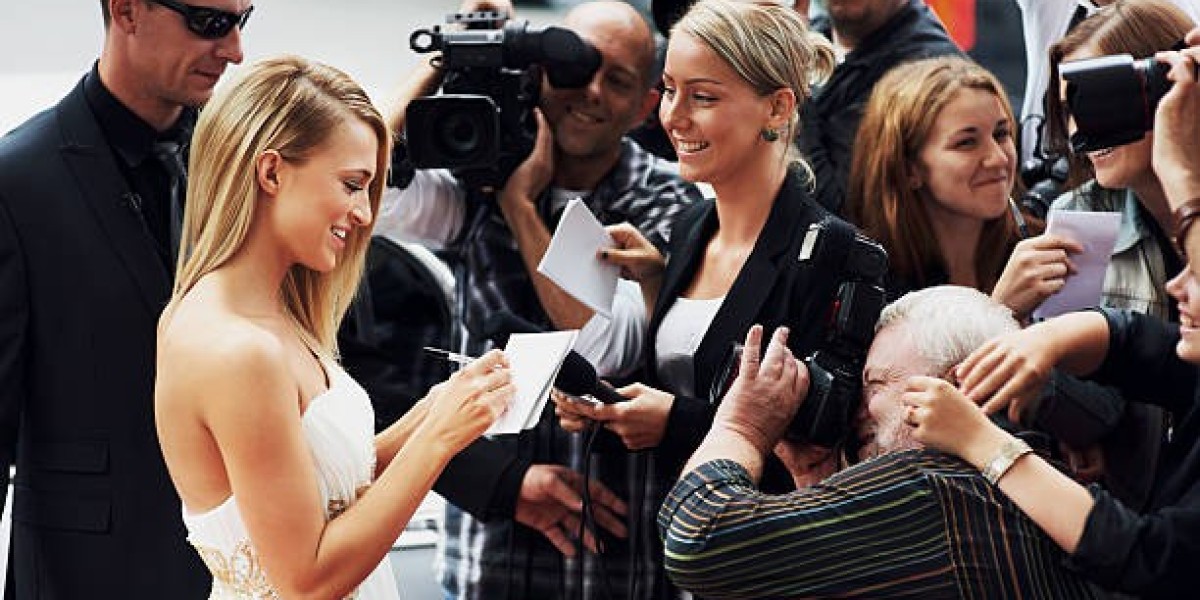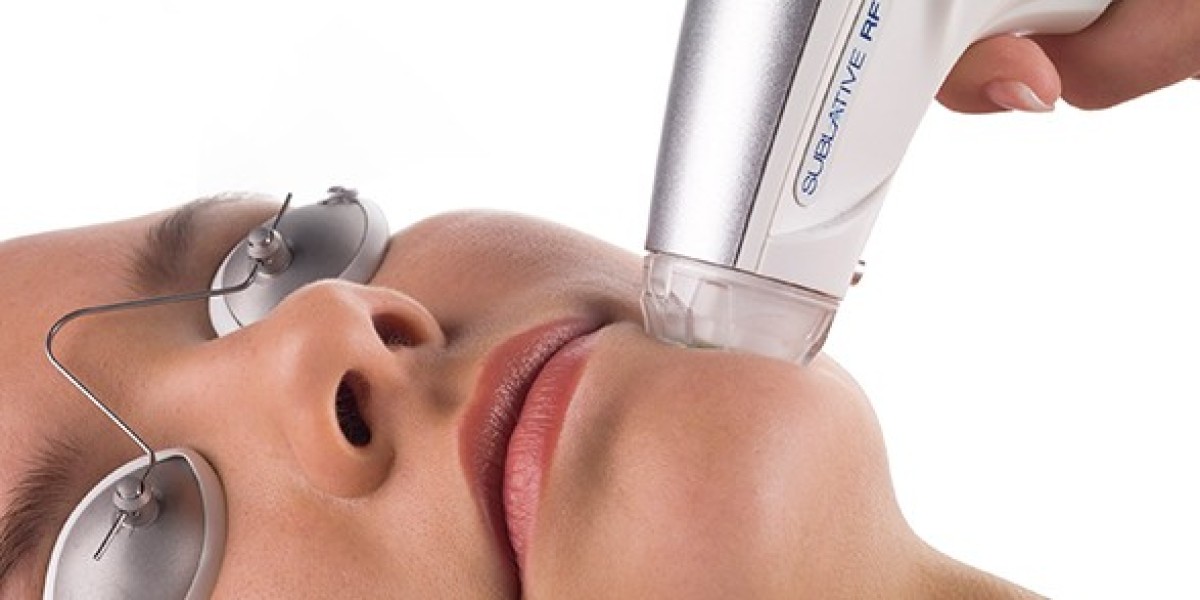When planning an event, capturing the memories is often as important as the event itself. Whether it’s a wedding, family reunion, or corporate function, hiring a skilled photographer ensures that those moments are preserved with professional quality. However, choosing the right photographer can be overwhelming, with so many options available. To make the process easier, here are seven key factors to consider when hiring a photographer.
1. Define Your Style and Preferences
One of the first steps in hiring a photographer is to understand the type of photos you want. Photographers have various styles, such as traditional, photojournalistic, editorial, or artistic. Knowing your preference will help narrow down the pool of photographers and ensure that the style aligns with your vision.
- Traditional photographers focus on posed and planned shots.
- Photojournalistic photographers capture candid moments as they happen.
- Editorial photographers typically add a polished, fashion-oriented style to their shots.
- Artistic photographers often bring creativity and unique angles to their photos.
Determine what works best for your event and look for photographers whose portfolios match your desired style.
2. Check Their Portfolio and Experience
A photographer’s portfolio serves as a window into their skill and expertise. When hiring a photographer, always ask to see their previous work, particularly from events or projects similar to yours. A strong portfolio will not only showcase technical skill but also creativity, composition, and the ability to capture moments that tell a story.
Additionally, consider their experience in the specific type of photography you require. If you're hosting a wedding, a photographer with a proven track record in weddings will likely be more adept at handling the dynamics of such an event compared to someone with limited experience in that area.
3. Assess Their Professionalism and Communication Skills
Professionalism is key when hiring a photographer. It’s essential to feel comfortable and confident with the photographer’s demeanor and approach. A professional photographer should be punctual, responsive to your inquiries, and transparent about their pricing, packages, and services. Clear communication helps avoid misunderstandings and ensures that both parties are on the same page about expectations and deliverables.
- Response time: A photographer who responds promptly is more likely to be reliable.
- Contract clarity: Ensure that all terms, including pricing and rights to photos, are clearly outlined in a written contract.
4. Understand the Equipment and Technology Used
The quality of the photos depends largely on the equipment used by the photographer. High-end cameras, lenses, lighting, and editing software all contribute to the final outcome. Ask about the photographer’s equipment and whether they use backup gear in case of technical failures.
If you’re planning an outdoor shoot or event, consider whether the photographer has experience with specific lighting or environmental conditions. Professional photographers should be prepared for various scenarios and know how to handle challenging situations such as low light or adverse weather.
5. Discuss Budget and Packages
Budget is a critical consideration when hiring a photographer. It’s important to find a photographer whose fees fit within your budget while still meeting your expectations in terms of quality and service. Photographers typically offer different packages based on the hours of service, the number of photos, and post-editing work.
When discussing your budget, be sure to ask about:
- Additional fees: Some photographers may charge extra for travel, additional editing, or photo albums.
- Payment structure: Confirm whether the photographer requires a deposit upfront and the full payment due date.
Transparency in pricing is crucial to avoid surprises later on.
6. Look for Reviews and Testimonials
One of the best ways to gauge the quality of a photographer is to look at reviews and testimonials from previous clients. Websites like Google, Yelp, and social media platforms are excellent resources to see what others have said about the photographer’s services. Positive reviews indicate a photographer’s reliability, professionalism, and ability to deliver high-quality results.
It’s also beneficial to ask for references directly from the photographer and speak with past clients about their experiences. Testimonials offer insights into the photographer’s work ethic, creativity, and client satisfaction.
7. Consider Availability and Flexibility
Lastly, the availability of the photographer is crucial. Photographers often book months in advance, especially for popular wedding or event seasons. It’s essential to confirm the photographer’s availability for your event date well in advance.
In addition to availability, consider the photographer’s flexibility. Will they be able to accommodate last-minute requests or changes? A photographer who is adaptable and willing to work with your evolving needs will help ensure a smooth experience on the day of your event.
Frequently Asked Questions (FAQs)
1. How do I find the right photographer for my event?
Finding the right photographer starts with understanding your preferences and event needs. Review their portfolio, check reviews, and ensure their style aligns with your vision. Also, assess their professionalism, experience, and equipment.
2. What is the typical cost of hiring a photographer?
The cost varies depending on the type of event, location, and the photographer’s experience. Wedding photographers, for example, can range from $1,000 to $5,000 or more. It’s important to discuss packages and pricing upfront to avoid any surprises.
3. Should I hire a photographer with experience in my specific event?
Yes, hiring a photographer with experience in your specific event type—whether it’s a wedding, corporate event, or family portrait—ensures they are prepared for the unique challenges and demands of your event.
4. How far in advance should I book a photographer?
For major events like weddings, it’s recommended to book a photographer at least six months to a year in advance. For smaller events or portrait sessions, a few weeks to a couple of months in advance is typically sufficient.
Conclusion
Hiring a photographer is an important decision that requires careful consideration. By focusing on these seven key factors—style, experience, professionalism, equipment, budget, reviews, and availability—you can confidently choose a photographer who will capture your memories in the most stunning and meaningful way possible. Take the time to research and select a photographer who understands your vision, and you'll be sure to have beautiful photos to cherish for years to come.









